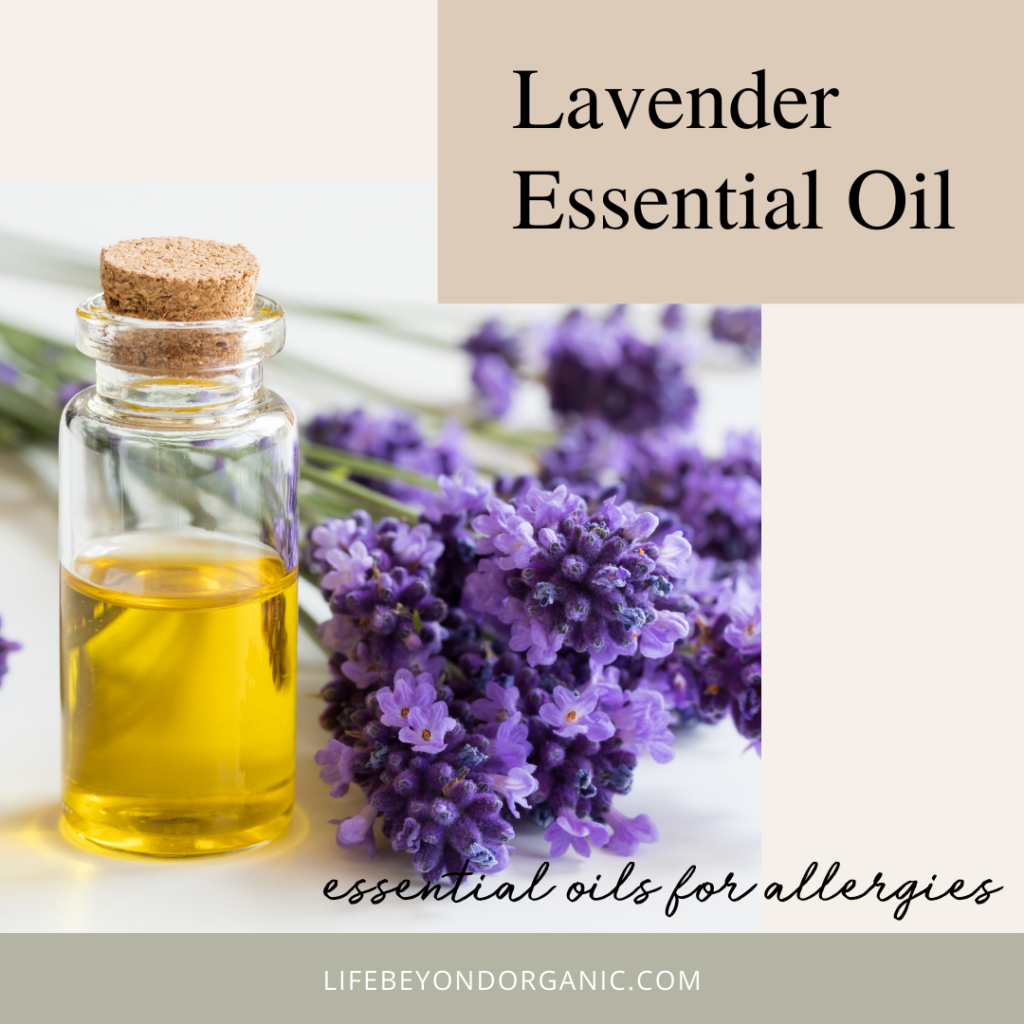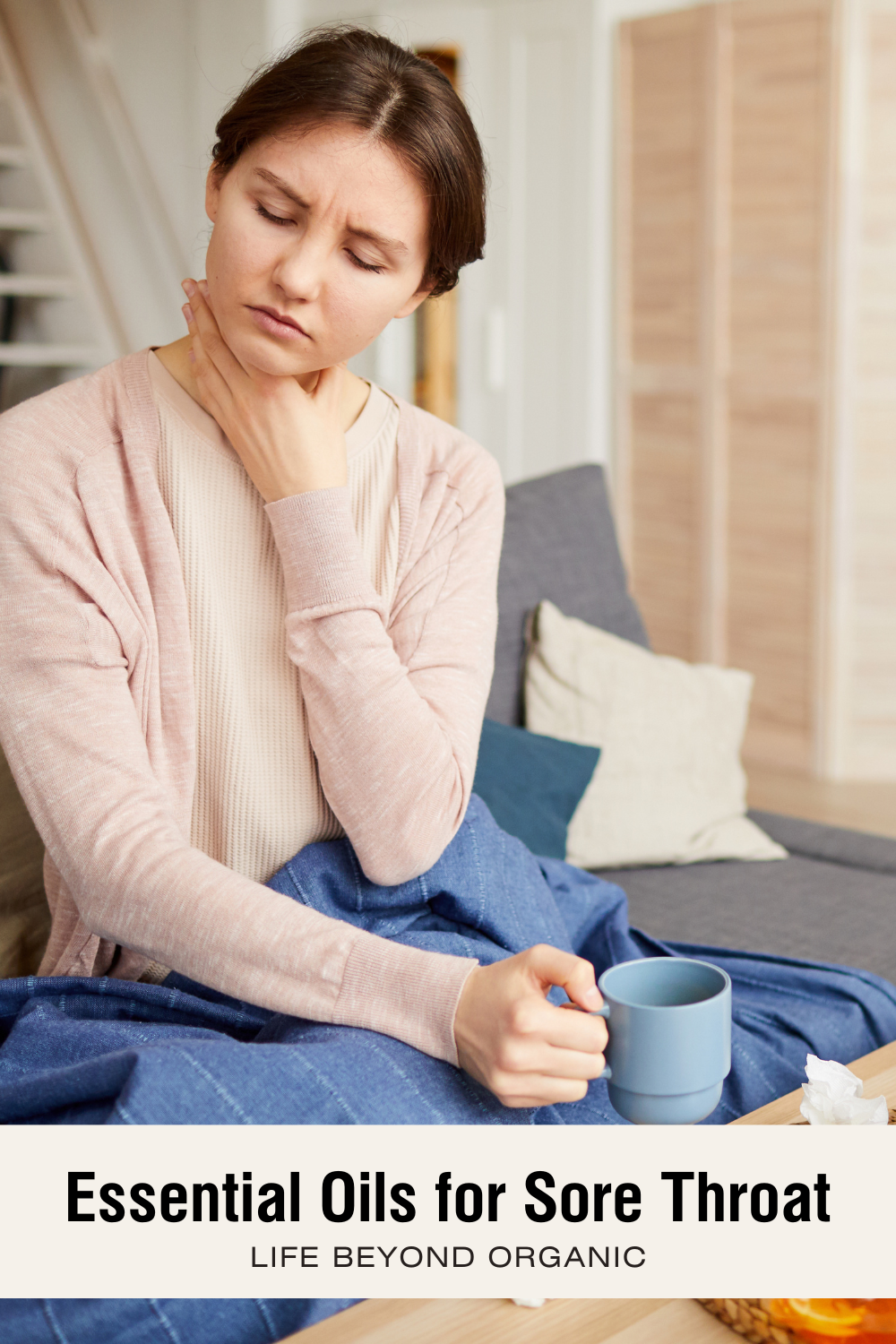Harness the Power of Essential Oils for Allergies
Approximately 50 million people in the United States suffer from allergies.
Essential oils offer a natural and effective way to ease the discomfort caused by allergies. From soothing irritated skin to clearing up sinuses, these oils bring relief in various ways:
- Anti-Inflammatory & Antihistamine: Alleviate symptoms like coughing, sneezing, and itchy skin.
- Respiratory Relief: Ideal for clearing blocked sinuses and easing breathing.
- Stress Reduction: Relax tense muscles, often affected by allergic reactions.
- Holistic Approach: Address both physical symptoms and stress, enhancing overall well-being.
Choosing the Right Essential Oils for Allergies
Allergies can significantly impact a person’s quality of life, leading to missed work or school days. When seeking relief from allergies, choosing the right essential oils can be a game-changer. The key is to find oils that not only alleviate symptoms like sneezing, itching, and congestion but also match your specific needs and preferences. For instance, while eucalyptus and peppermint oils are excellent for respiratory relief, chamomile and lavender provide soothing effects for skin allergies. It’s important to consider factors such as the oil’s properties, your allergy symptoms, and how you react to different scents. By selecting the appropriate essential oils, you can enjoy a natural and personalized approach to managing your allergy symptoms.
To know what specific essential oils for allergies may help you get a relief, keep on reading!
1. Basil Essential Oil

Basil essential oil is renowned for its soothing properties, offering a natural remedy for allergic reactions. Its calming effect can aid in better sleep, while the eugenol compound in it is effective against bacterial and fungal infections, potentially preventing respiratory infections that trigger asthma.
Basil oil can help relieve respiratory symptoms associated with allergies, such as coughing and wheezing. Additionally, basil oil helps alleviate headaches and upset stomachs. Its antihistamine properties can reduce itchiness.
To us, dilute 2-3 drops of basil oil with coconut oil and apply topically to areas like temples, neck, and chest, offering relief to fatigued muscles and sore joints. Basil oil can also be used in a diffuser or added to carrier oil for chest rubs to relieve respiratory symptoms.
2. Bergamot Essential Oil

The extracted oils from bergamot are believed to reduce phlegm from bronchial asthma and cough. Bergamot essential oil is also packed with antibacterial and anti-inflammatory properties.
Inhaling bergamot oil is not only known to help you get relief from various allergy symptoms but may also help you cope with your emotions better. You can also apply it topically to relieve itchy skin or insect bites.
3. Chamomile Essential Oil

People who suffer from allergic skin reactions find chamomile essential oil as one of the best remedies to soothe allergy discomforts. Chamomile is another relaxing herb known for its calming properties.
Rubbing your body with chamomile essential oil is known to help calm your nerves and soothe itchy skin. If you’re suffering from blocked sinuses and chronic sneezing, inhaling chamomile essential oil is known to help soothe your respiratory system.
4. Eucalyptus Essential Oil
Eucalyptus essential oil comes from eucalyptus or gum tree’s stem and leaves extraction. This essential oil is known for a number of benefits. When you have a severe headache, you may inhale this essential oil for fast relief. Also, a few drops of eucalyptus in the essential oil diffuser may help clear blocked sinuses and nostrils. Eucalyptus oil can act as a decongestant and help clear the airways during allergy season.
However, inhaling the steamed eucalyptus close to your nose can irritate your eyes, use a wet towel to avoid this. Another important thing you need to remember when using this oil as a topical treatment, test it on a small part of your skin before applying eucalyptus to your chest or forehead. Some people experience allergic reactions to some essential oils. It pays to be extra careful.
5. Frankincense Essential Oil

Seasonal allergies normally happen during spring and winter. So, diffusing Frankincense essential oil is perfect at this time. This essential oil is known to help reduce the risk of asthma, relieve a cough, and eliminate phlegm.
Adding a few drops of frankincense essential oil to your bath may ease muscle soreness and arthritis. Most of all, it’s popular use is to boost your immune system and help reduce the symptoms of allergic rhinitis.
Frankincense oil can be inhaled directly or used in a diffuser to reduce respiratory inflammation.
6. Lavender Essential Oil

Lavender has a soothing aroma that works to help your body relax. Its oil is good for aromatherapy as it may help reduce stress and anxiety. Also, essential oils enthusiasts uses lavender oil as an excellent remedy for allergic skin reactions and burns.
Applying lavender essential oil on your skin may soften and help calm the skin irritation from insect bites or hives. Diffusing lavender may also help reduce inflammation in your bronchial tube and may give you a restful sleep.
7. Peppermint Essential Oil

Peppermint oil may help reduce inflammation in your respiratory system. It helps ease nasal congestion and clear blocked sinuses caused by allergies. Peppermint oil can help relieve symptoms of allergic rhinitis, such as nasal congestion and sneezing.
Inhaling peppermint oil may help reduce phlegm and soothe coughs, making you breathe easily. Aside from easing allergy symptoms, peppermint may help relieve headaches too.
Use a diffuser and put 5 drops of peppermint essential oil to help ease a sore throat and unclog sinuses. You can also take orally 1-2 drops of pure peppermint essential oil once a day to help reduce the inflammation. Lastly, for topical application on sensitive skin, it is best to dilute first the peppermint oil with coconut oil.
Undeniably, these essential oils may definitely give positive health benefits. Many essential oils may help relieve symptoms of allergies. However, some of these can only be temporary. It is always important to seek medical attention when continuous discomforts occur.

We may earn a commission for purchases made using our links. Please see our disclosure to learn more. We appreciate your support SO very much.












